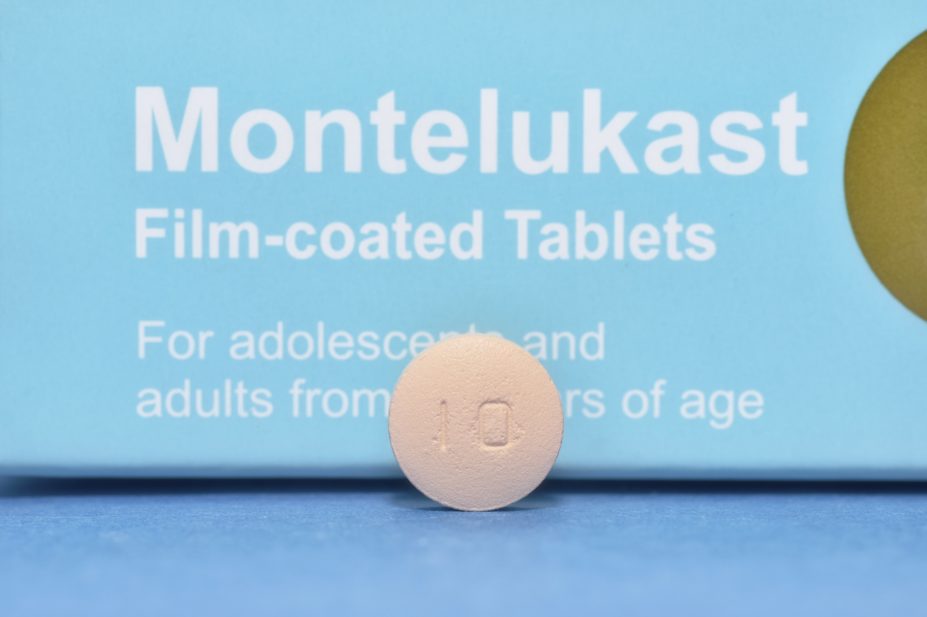
DR P. MARAZZI / SCIENCE PHOTO LIBRARY
Prescribing asthma treatment based on genetic differences could improve outcomes, results presented at the European Respiratory Society International Congress have suggested (8 September 2020)[1]
.
The study included 241 children aged 12–18 years with asthma, who were receiving an inhaled corticosteroid. They were randomly assigned to receive usual care or genotype-based prescribing, in which those carrying at least one copy of the A allele in the beta-2 receptor gene rs1042713 were prescribed montelukast instead of salmeterol.
After 12 months, the genotype-based group had a small but significant improvement in Asthma Quality of Life Questionnaire (AQLQ) scores than the usual care group (0.16 on a 7-point scale, 95% confidence interval [CI] 0.00–0.31; P=0.049), although it was below clinical threshold (0.25). When only including those carrying two copies of the A allele (A/A), this difference in AQLQ score increased to 0.42 (95% CI 0.02–0.81; P=0.041).
Previous research has suggested that the A allele of rs1042713 is associated with a poor response to beta-2 agonist medication, which can worsen asthma symptoms.
“These results are very promising because they show, for the first time, that it could be beneficial to test for certain genetic differences in children with asthma and select medication according to those differences,” said Somnath Mukhopadhyay, the study lead and chair in paediatrics in the Academic Department of Paediatrics at Brighton and Sussex Medical School. ”Larger trials, with a focus on those with poorer asthma control, may help us determine the true benefit for children of prescribing in this way,” he added.
References
[1] Ruffles T, Jones C, Palmer C et al. Effect of controller prescribing according to rs1042713 genotype on asthma related quality of life in young people (PACT): a randomized controlled trial. Presented at: European Respiratory Society International Congress. 5–9 September 2020. Abstract 4617


